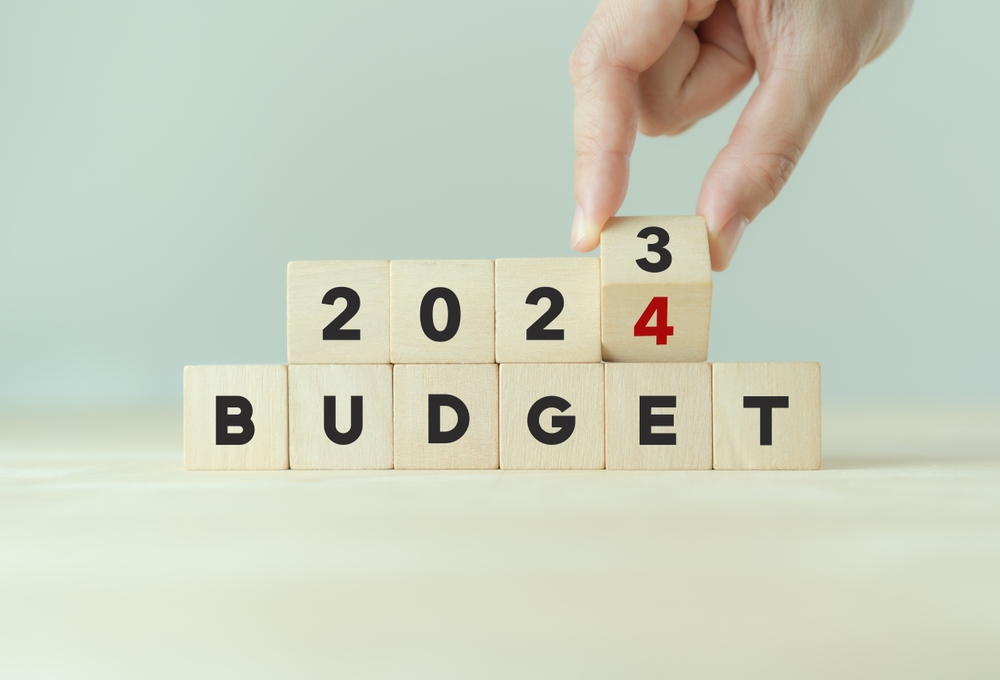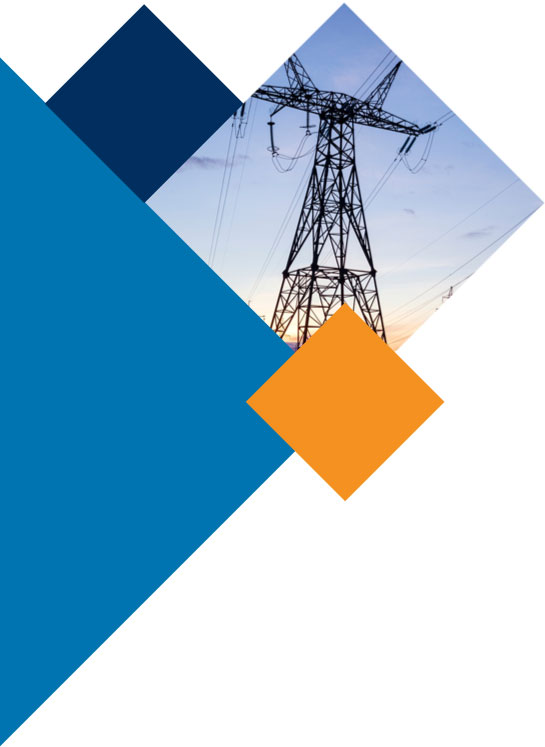Momentous legislative session sets Minnesota economic development in motion

15 Sep 2023
news
When the 2023 Minnesota legislative session ended in May, it offered the potential to be one of the most meaningful in memory. Faced with a state record surplus of $17.5 billion, the Minnesota House and Senate agreed on a two-year state budget totaling approximately $70 billion that will reach all parts of life in Minnesota.
The aspects of economic and workforce development programs included in the budget, primarily set in the Omnibus Jobs, Economic Development, Labor, and Industry Bill (SF3035/HF3028) put public and private entities on a course to make a momentous impact in every Minnesota community over the next two years.
“There is approximately $1.3 billion for economic development in the budget, which is nearly 10 times what is normally allocated,” said Kevin McKinnon, deputy commissioner of economic development with the Minnesota Department of Employment and Economic Development (DEED). “Combined with federal broadband funding, approximately $2 billion presents a significant opportunity for the state to remove barriers communities are facing to help them prosper.”
McKinnon said a significant message underlying the budget goes well beyond the financial means.
“We are extremely pleased to see the collaborative undertone with the legislature towards the necessity for economic development within Minnesota,” he said. “It is gratifying to see the state recognizes there are many services businesses across the state need and empower relevant organizations with the funding that gives them the capacity to operate.”
Some of the most significant bills and funding for direct economic development are listed below, as well as several in child care, housing and infrastructure applicable from a workforce development perspective.
Economic development
The Minnesota Forward Fund invests $500 million toward securing and leveraging federal investments in infrastructure and large-scale economic development projects in existing, new and emerging industries. It is a matching fund to combine with federal funding for direct loans or grants to businesses or municipalities for qualifying projects. It includes $250 million for expanding the semiconductor industry in Minnesota related to the CHIPS Act and $100 million for Department of Defense projects like BioMade, an initiative targeting the use of biomass for renewable fuels. Another $50 million is designated to help with economic development projects requiring significant capital investment to make Minnesota companies more competitive.
The Promise Act was created by the 2023 Minnesota legislative session, with nearly $95 million in loans and grants to small businesses and nonprofit organizations in communities adversely affected by structural racial discrimination, civil unrest, lack of access to capital, loss of population, or an aging population or a lack of regional economic diversification.
Explore Minnesota Tourism will receive approximately $67 million for FY 24 and FY25, a $33 million increase. The legislative session created Explore Minnesota for Business under the Explore Minnesota Tourism umbrella, which will receive $11 million in FY 24 to promote livability, workforce and economic opportunity in Minnesota.
The Small Business Assistance Partnership Program has helped supplement technical assistance for small businesses in Minnesota. The legislature designated $12.85 million for this program in FY 24-25, an increase from the previous base funding of $2.85 million. Ongoing years will include allowing for $5.45 million. The funding will be in the form of grants to local and regional community-based organizations to provide small business development and technical assistance services to entrepreneurs and small business owners.
“The significance is it gets money in the hands of the nonprofit organizations that can serve regional or local business needs in a way DEED cannot,” McKinnon said.
A new revolving low-interest loan fund, the Expanding Opportunity Fund, was targeted for $10 million. The capital will be made available for 22 Minnesota Community Development Financial Institutions.
“This is new at the state level and different from normal practices in that it increases the technical assistance and facilitates access to capital quickly for these lending organizations to lend to appropriate applicants,” McKinnon said.
The Minnesota Initiative Foundations will receive $7 million across the biennium for grants to be awarded for facilitating expanding access to affordable, high-quality child care.
Local communities will receive $6.5 million yearly for grants to increase the number of quality child care providers to support economic development, with 50% required for communities outside the seven-county metro area.
The Redevelopment Grant Program was increased from approximately $2 million to $4.26 million in FY24 and FY25 as part of the final Jobs and Economic Development bill. The program helps communities put their land to productive use by allocating funds for redeveloping blighted industrial, residential or commercial sites.
Another new program created by the 2023 session is the Community Wealth Building Pilot Program, designed to support commercial shared ownership businesses. The legislature appropriated $3 million for the program and assigned the Metropolitan Consortium of Community Developers to manage support via commercial land trusts, worker cooperatives and other employee-owned businesses.
The new budget also funds DEED’s previously existing programs. Several are listed below, while interested parties can apply for the most recent session financing and previously existing DEED programs here or nonprofit organization grants here.
The Minnesota Investment Fund provides funds to local government units that administer loans to assist expanding businesses, thereby adding new workers and retaining high-quality jobs.
The Minnesota Job Creation Fund provides financial incentives to new and expanding businesses involved with eligible job creation and capital improvement projects.
The Minnesota Job Skills Partnership Program offers grants for training-related costs to improve the skills of new and existing employees of participating businesses.
Other funding initiatives
Aside from direct economic development, the legislative session concluded with an agreement on approximately $1 billion in investments for various housing (HF2335/SF2566) platforms and $1 billion for health and human services (HF2930/SF2995) like child care. All significantly impact communities’ ability to foster successful economic development.
“The funding presents a monumental opportunity to help communities throughout the state to meet the needs of residents,” McKinnon said. “Urban communities may need affordable housing assistance, while communities throughout Greater Minnesota have difficulties attracting people due to a lack of available housing. We know this is a barrier to their success and believe this bill can help remove that barrier.”
Notable budget funding initiatives in these areas include:
- A Housing Infrastructure Cash Appropriation of $200 million in place of Housing Infrastructure Bonds to finance thousands of new units of permanently affordable housing.
- $150 million in down payment assistance through a new pilot program established in the legislative session, the First-Generation Homebuyers Down Payment Assistance Fund, to be administered by the Midwest Minnesota Community Development Corporation. The concept is intended to reduce the homeownership disparity gap.
- $115.5 million for emergency rental assistance through the Family Homeless Prevention and Assistance Program, which seeks to help Minnesota families remain stable in their housing situations.
- $90 million to establish the Community Stabilization program to acquire and renovate naturally occurring affordable housing to preserve rent affordability.
- $20.5 million for the Workforce and Affordable Homeownership Program, which provides one-time grants for new construction, acquisition, rehabilitation, and resale of single-family homes.
- The new Drive for 5 Workforce Fund will receive $30 million to prepare new workers to enter Minnesota’s highest-demand occupations - technology, manufacturing, health care, teachers and construction.
Revitalized optimism
While the new budget is exciting, it presents numerous challenges for DEED and other state organizations. Much of the funding is available through DEED to applicable organizations via programs and requests for proposals. DEED offers a registration to receive email updates on funding and new programs from the 2023 legislative session here.
“There is considerable optimism and hopefulness that these programs will make a significant difference in economic development across the state,” McKinnon said. “We all have an opportunity now to revitalize economic development efforts to ultimately benefit communities and corridors by attracting investments that will help Minnesota prosper.”
Groups throughout the state present optimistic viewpoints similar to the Metropolitan Consortium of Community Developers, which commented in a statement after the session’s closure, “There were many other provisions in both the economic development and affordable housing bills that we are excited about and have been supporting, including the supplemental funding support for supportive services, affordable housing providers relief, 4d, public housing bonding investments, small business grants and economic corridor redevelopment.”
Additionally, Great River Energy’s economic development team can help offer more information or help connect you with the appropriate resources to help your organization access this critical funding.
More Topics


.jpg)

